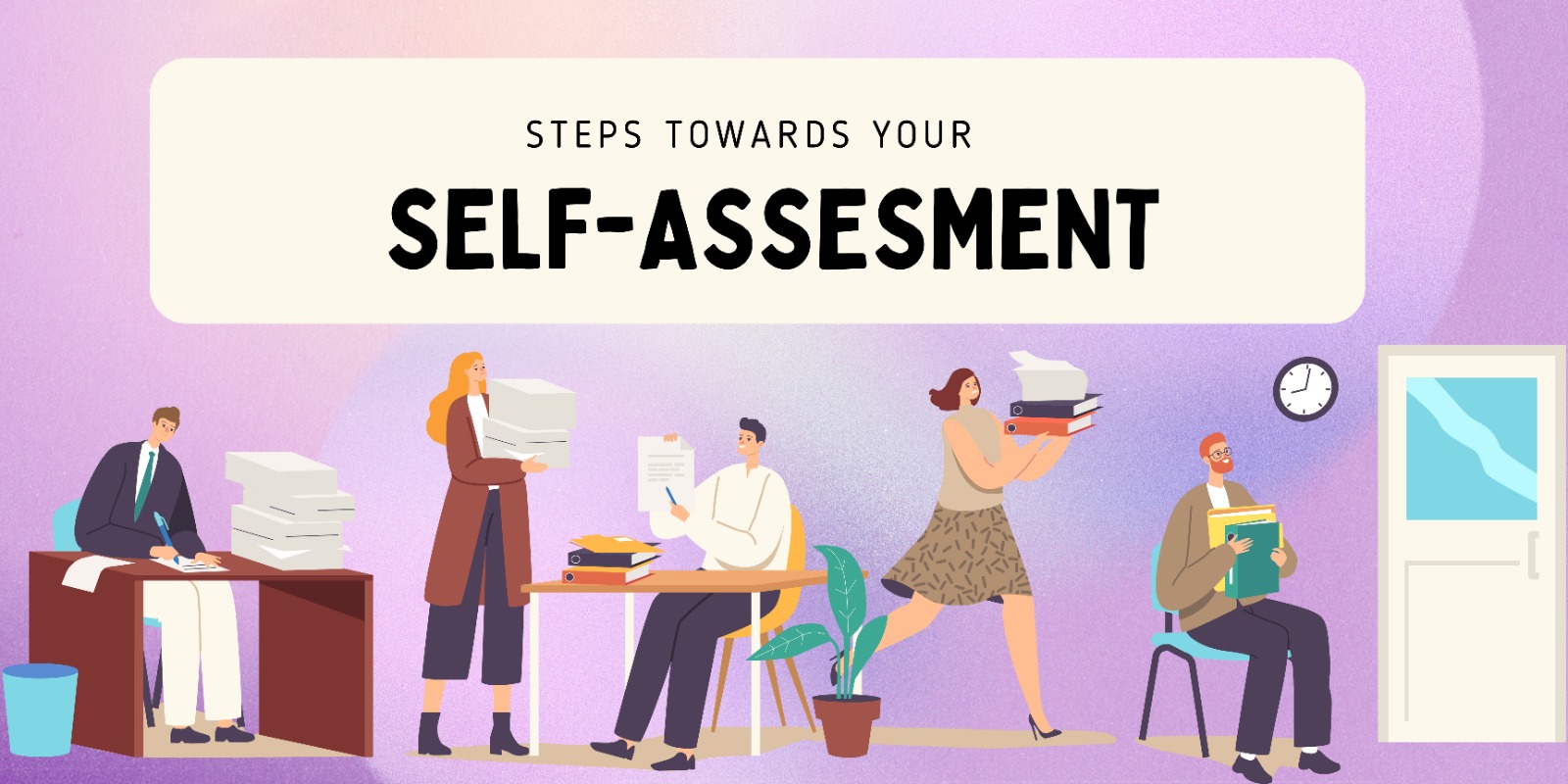
MASTERING THE ART OF SELF-ASSESSMENT: A GUIDE FOR 2022/2023
INTRODUCTION:
As we step into the New Year, it is not just a time for resolutions but also a crucial period for financial reflection—self-assessment season. The deadline for submission is fast approaching (31st January 2024), making it imperative to navigate this process with confidence and accuracy. Let's dive into the essentials of mastering the art of self-assessment for 2022/2023.
UNDERSTANDING THE BASICS:
Self-assessment is not just a tax obligation; it's an opportunity to take control of your financial narrative. The process involves reviewing your income, expenses, and other financial transactions to calculate your tax liability or potential refund.
SUBMISSION DEADLINE: JANUARY 31, 2024:
Mark this date on your calendar—January 31, 2024. This is the deadline for submitting your self-assessment tax return online. Missing this deadline can result in penalties, so early preparation is key.
KEY POINTS FOR A SEAMLESS SELF-ASSESSMENT:
- Receipts, Invoices, and Statements: Collect all relevant documents supporting your income and expenses.
- P60 or P45 Forms: If you're employed, ensure you have your P60 or P45 forms ready.
- Interest and Dividend Statements: Include any statements related to interest earned or dividends received.
- Stay Informed: Tax laws can evolve, impacting your obligations. Be aware of any changes in tax regulations for the current assessment year.
- Consult a Tax Professional: Consider seeking advice from a tax consultant or accountant. Their expertise can ensure you maximize deductions and comply with regulations.
- Identify Deductions: Be thorough in reviewing allowable expenses relevant to your situation. This can significantly impact your final tax liability.
- Avoid Procrastination: Starting early reduces stress and provides ample time for seeking professional advice if needed. Procrastination can lead to errors and oversights.
EMBRACING A POSITIVE MINDSET:
Approach self-assessment with a positive mindset. Instead of viewing it as a chore, consider it an empowering opportunity to gain insights into your financial well-being and make informed decisions.
CONCLUSION:
As the January 31, 2024 deadline approaches, take charge of your financial responsibilities. Use the tips provided to streamline your self-assessment process, and remember, you're not alone. Seek guidance, stay informed, and make this self-assessment season a step toward financial clarity and control.
